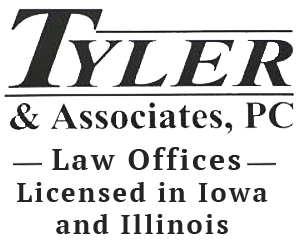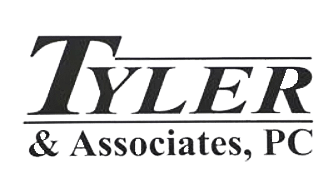If you work in the health care industry in Iowa, it will likely not surprise you to know that some regard nursing among the most dangerous professions in the country. Sadly, many patients and their visitors look down on nurses and other hospital staff, and it is not unusual for them to take their frustrations out on those who take care of them. Many hospital patients are indifferent to the dangers you face and the level of your sacrifice.
While most other dangerous jobs pose obvious hazards, such as those that threaten factory and construction workers, loggers and commercial truck drivers, nurses face unanticipated dangers. Regardless of whether you are a registered nurse, an emergency department nurse or working in OBGYN, facing unexpected risks is likely par for the course.
The toll your job takes on you
As a nurse, you are likely a natural caregiver who would risk your own health to care for others. The pressures of your job do not only affect your health and safety, but they could lead to mistakes that could also harm the patients. The following elements contribute to the dangers of your profession:
- Workplace hazards: Among the many dangers of your workplace are hazardous medical devices, exposure to blood-borne pathogens and contagious diseases, surgical smoke, radiation, flawed equipment and more.
- Physical demands: Spending long hours on your feet is not the only physical strain in your job. Lifting, moving and transporting patients of various weights pose significant threats of musculoskeletal disorders that could have you working while suffering chronic back pain.
- Lack of sufficient staff: Understaffing is not an uncommon problem in hospitals, and despite regulated shift hours, you will likely overwork yourself to cover missing nurses. Overexertion will threaten not only your well-being but also the safety of patients and even co-workers.
- Chronic overtime: This is another consequence of understaffing. Your employer will likely allocate you extra shifts due to the chronic nurse shortage. The toll working overtime takes on your health could cause long-term problems.
- Combative and hostile patients: The risk of patient hostility and even aggression will always be present, and it might expose you to physical injuries. Patients may have adverse reactions to medication, suffer mental instability or nothing more than frustration that drives them to take it out on you and your co-workers.
Remember that your value as a nurse will be minimal if you neglect your own health.
Take care of yourself
Regardless of your commitment to take care of others, do not neglect your own health. Do not delay seeking medical attention for physical or mental injuries because your workers’ compensation benefits will cover expenses for medical care and therapy. An experienced workers compensation attorney will assist with the claims process, and if your health prevented you from returning to work for several days, your benefits would include lost wages.

